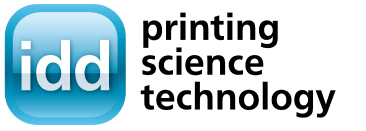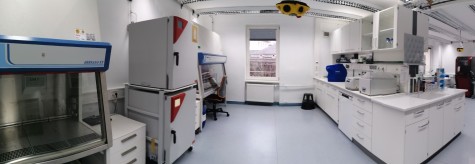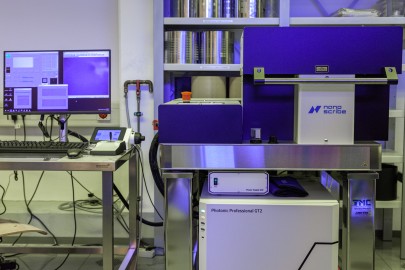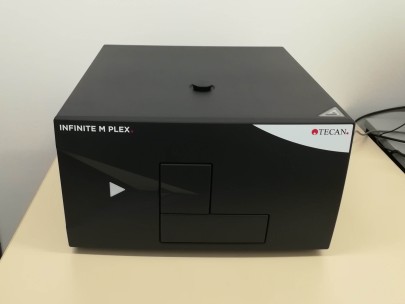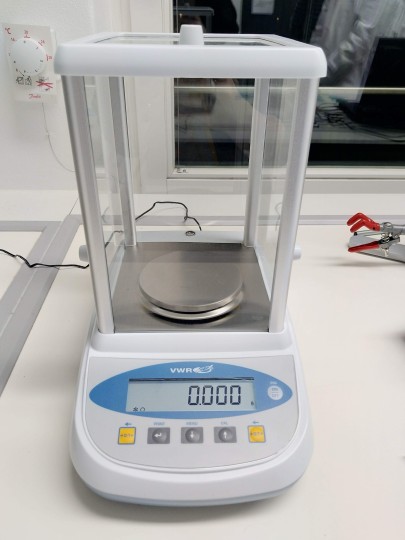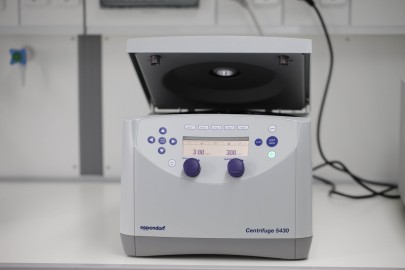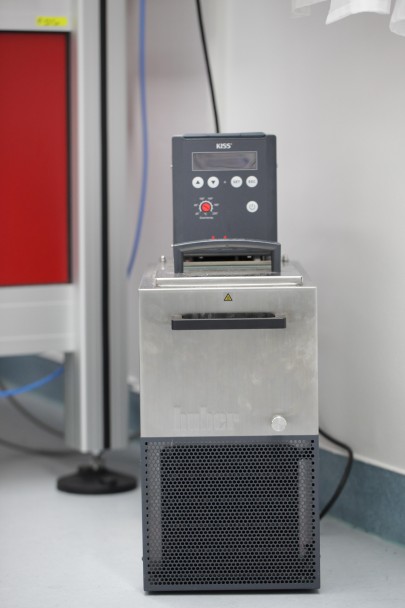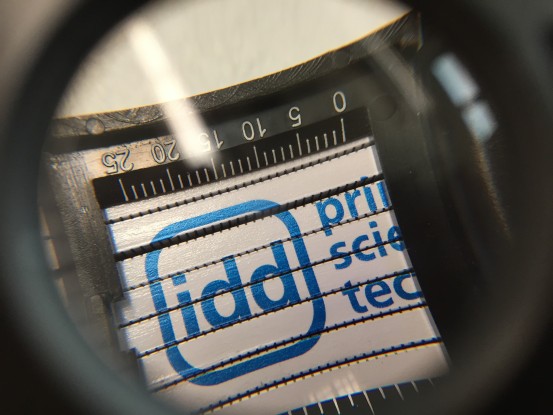Biolab
Biolab
The newly established biolab combines a cell culture and an bioprinting area, which means that research on 3D bioprinting can be carried out optimally.
In the cell culture area different cell types can be cultivated and processed. A number of common devices (laminar flow, incubator, inverted microscope, autoclave) are available for the cell culture routine. In this area the cells are grown and prepared, before they are passed to the area of 3D-bioprinting. Here cells are embedded in hydrogels in order to print 3D-structured tissue samples. Various filament and inkjet-based 3D bioprinters are avaiable to the IDD, which can be used to print a large number of hydrogels and biomaterials at the same time.


